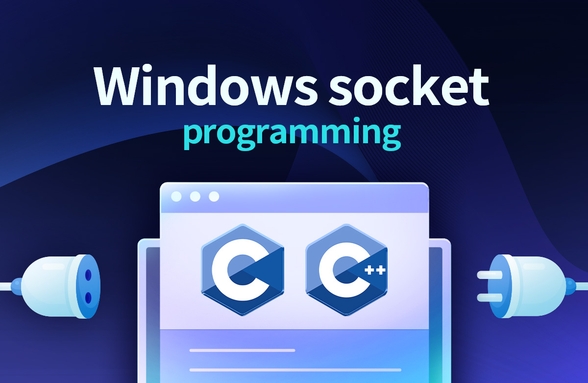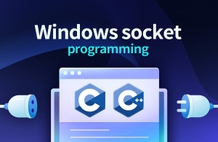・
Reviews 6
・
Average rating 5.0
Following the previous System Programming-Basics, I moved into socket programming, and the lecture made clear what had felt abstract before - concepts like "Socket = File" and "when you go TCP, it becomes TCP Socket." I couldn't understand what these meant before. Also, the 3-way handshake process and the use of listen, bind, accept functions that I couldn't grasp when just looking at theory - experiencing how coding follows the exact same sequence as shown in diagrams made me feel like I could become friends(?) with socket programming diagrams. It seems like this was a meaningful lecture in that regard. ===== By this week, I'll complete a full review of the socket programming lectures / restudy the address book linked list, and then move into network programming. Since there's a lot of overlap with my previous studies in OS, TCP/IP, and system programming, understanding hasn't been too difficult, so progress is going faster than expected, making me wonder "Is this right?" 😆😆
It looks like you've achieved exactly the results you were hoping for. I believe that if you understand the TCP/IP protocol and properly study systems programming, socket programming will automatically fall into place in many ways. I'm giving you feedback that you're heading in a truly desirable direction. And as you'll discover when you look at network programming, you'll be able to understand for yourself why the somewhat abstract explanations about TCP/IP turned out that way. Thank you for the positive evaluation. :)







